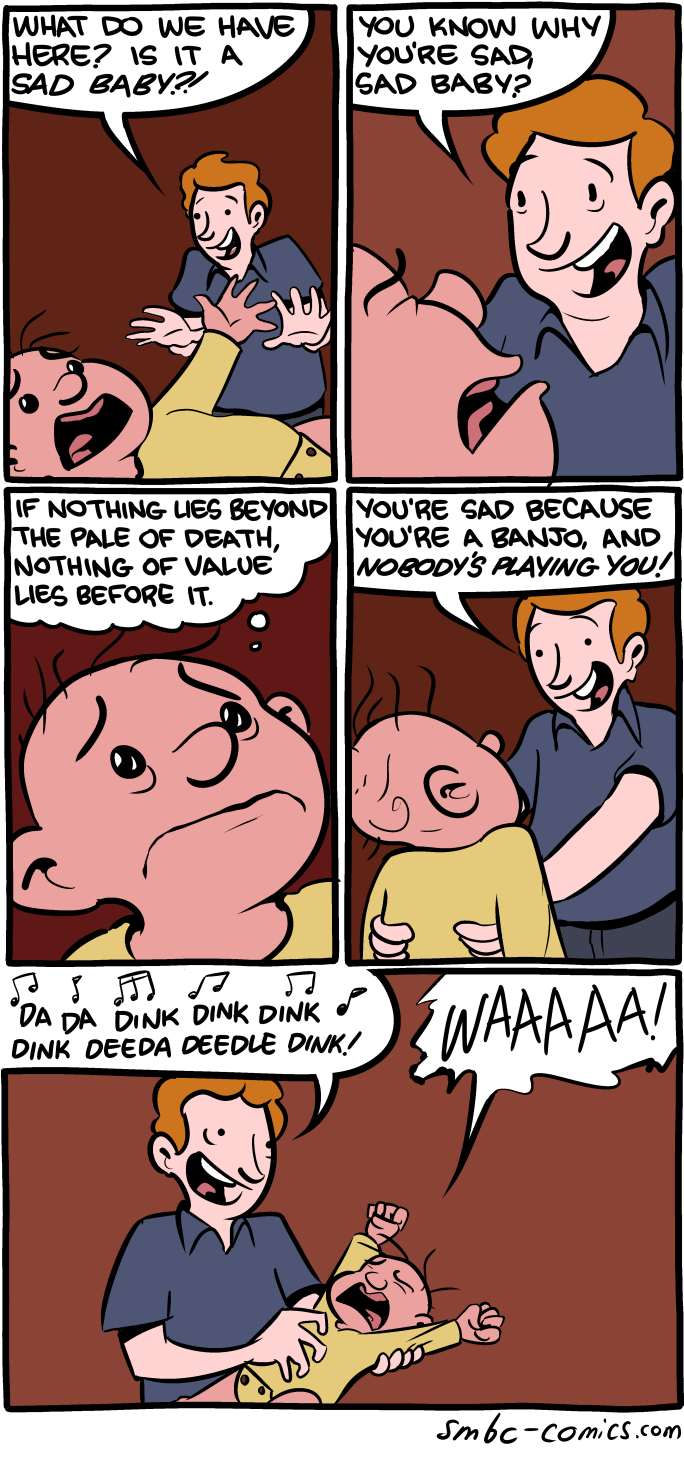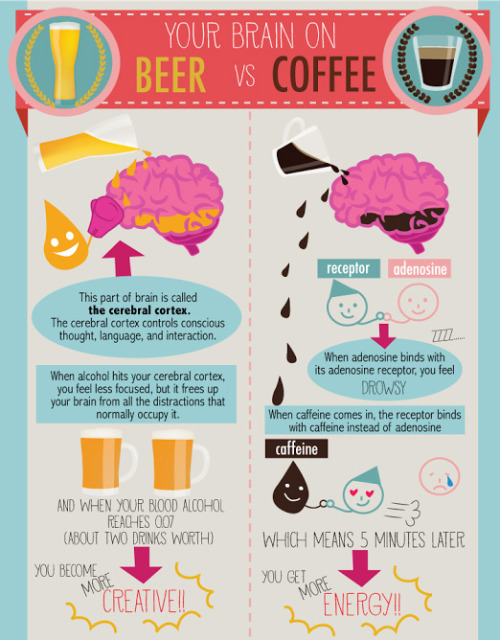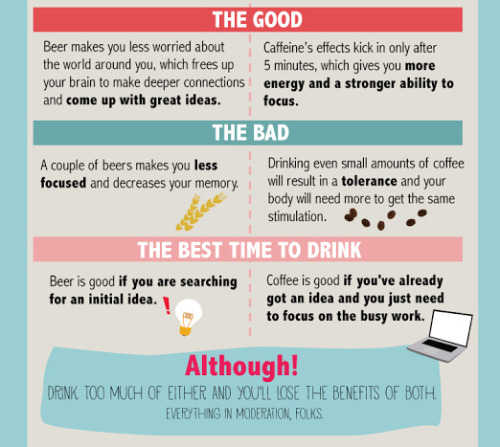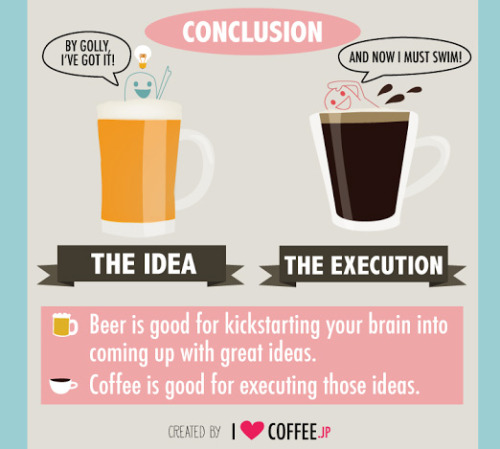One of the key tenets I talk about regarding understanding the engineering mindset is that software engineers think in terms of flow charts. This isn’t exactly correct correctly – engineers think in code, but most of the planet does not, but, chances are, they understand the concept of a flowchart. You’re in a state. When certain conditions exist, you can move to another state. Sometimes… branches or decisions occur.
A key aspect of a flow chart is that fact it is visual. You can draw it. You can walk up to the white-board and clearly visually describe the part of the system that needs explanation. I find this often a better means of explanation than sitting down how the code is organized and how it works. There’s tool in the domain of explanation and organization which I’m not certain is the domain of engineers, but serves the same purpose: outlines.
I remain in a troubling post-Things world where I’m using a bizarre combination of Asana, Field Notes, and my brain to keep track of the world. This is an inefficient system that until recently has been creating just enough value to quiet the productivity rage. However, stuff has recently started falling through the cracks; cranks; it’s not clear what belongs in Asana versus Field Notes versus my brain. Yeah, I recently gave Atwood’s three things concept a try and it did shine a clear light on the three things, but – fact – there are more than three big things to tackle each day.
The current experiment is Workflowy.
As data structures go, a text outline is simple. You have one or of more items in a list. An item is defined as some amount of text that may also have one or more sub-items. The only difference between an item and a sub-item is that a sub-item has a parent item. Again, simple.
You can layer all sorts of delicious visuals, features, and meta-data on top of these items, but the mental mode is the same: I have this item and if it happens to have sub-items, it means that the item and the sub-item are somehow usefully related. This simple organization mechanism… calms me down.
I think in outlines. If you I’m building a Keynote presentation, I’m indenting slides. If I’m writing in a Field Notes, I’m organizing the page with headers and details. A quick scan of my Sent folder reveals extensive uses of bulleted and numeric lists. Outlines. Everywhere.
My outlining predilection might be genetic. I was organizing things is list and sub-lists for years before I stumbled on ThinkTank and discovered there was actual software for what I was doing in text files. The demand for outline process clearly wasn’t huge since both ThinkTank and its it’s Mac cousin MORE died years ago and have been replaced by… what? Outline mode in Word? It’s crap.
It’s early on, but Workflowy so far hits the sweet spot in terms of simplicity, obviousness, and unexpected power user features. I’ve yet to read a single line of documentation, but I am already well into the development of a large outline for a complex ongoing complex on-going project. It works exactly how I’d expect an outline to work, it stays out of my way, and it occasionally reminds me that by the way, there are some cool power use features you might want to check out.
While I’m delighted Workflowy exists, I remain concerned. Given the lack of a vibrant outline application market, I am clearly in the minority of humans who find value in outlining, but an outline is how I think.





